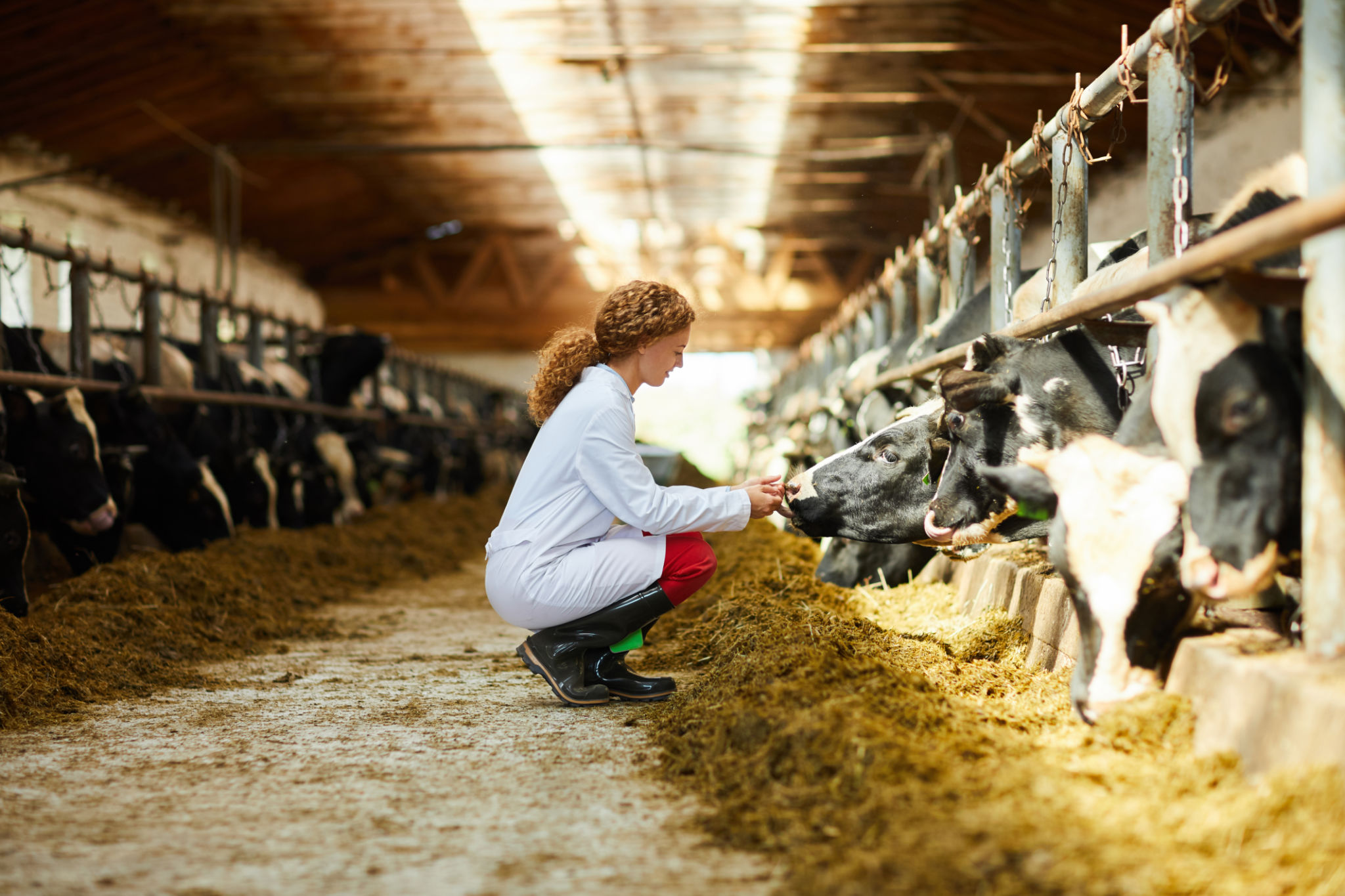Mastering Livestock Management: Essential Skills for Aspiring Farmers
Introduction to Livestock Management
Livestock management is a crucial aspect of modern farming, requiring a blend of traditional knowledge and innovative practices. Aspiring farmers must equip themselves with the necessary skills to manage livestock efficiently and sustainably. From understanding animal behavior to implementing health protocols, mastering these skills is key to thriving in the agricultural sector.

Understanding Animal Behavior
A successful livestock manager must be adept at interpreting animal behavior. Recognizing signs of stress, illness, or discomfort in animals can significantly impact their welfare and productivity. Observation is a critical skill, as it allows farmers to detect issues early on and take appropriate action. By understanding the natural instincts and needs of their animals, farmers can create environments that promote health and well-being.
Animal behavior studies also help in optimizing breeding programs and enhancing productivity. Knowing when animals are in heat, for instance, can improve breeding success rates. Additionally, understanding social hierarchies within herds can aid in reducing conflicts and stress.
Implementing Effective Health Protocols
Health management is a cornerstone of livestock management. Farmers need to establish and maintain rigorous health protocols to prevent disease outbreaks and ensure the longevity of their stock. This includes regular vaccinations, deworming schedules, and routine health checks. Biosecurity measures also play a vital role in protecting livestock from external threats.

Effective health management not only involves preventative care but also requires prompt response to any signs of illness. Developing a strong relationship with a veterinarian can provide valuable insights and support in maintaining the health of the herd.
Nutritional Management for Livestock
Proper nutrition is essential for the growth, reproduction, and overall health of livestock. Farmers must understand the dietary needs of different species and age groups to formulate balanced diets. This includes providing adequate water, vitamins, minerals, and protein sources. Feed efficiency is a critical factor that influences production costs and environmental impact.
To optimize feeding strategies, farmers can utilize modern technologies such as precision feeding systems that tailor nutrition plans to individual animals or groups. This approach not only enhances productivity but also minimizes waste and environmental footprint.

Embracing Sustainable Practices
Sustainability is becoming increasingly important in livestock management. Aspiring farmers should adopt practices that minimize environmental impact while maintaining productivity. This includes implementing rotational grazing systems, managing manure effectively, and utilizing renewable energy sources on farms.
In addition to environmental benefits, sustainable practices often lead to improved animal welfare and reduced long-term costs. Being proactive in adopting these methods can also enhance the farm's reputation and marketability.
Conclusion: Continuous Learning and Adaptation
The field of livestock management is ever-evolving, with new techniques and technologies constantly emerging. Aspiring farmers must commit to continuous learning and adaptation to keep up with industry advancements. By attending workshops, participating in online courses, and networking with other professionals, farmers can stay informed and enhance their skills.
The journey towards mastering livestock management is challenging yet rewarding. With dedication and a willingness to learn, aspiring farmers can build successful and sustainable farming operations that benefit both their livestock and the environment.